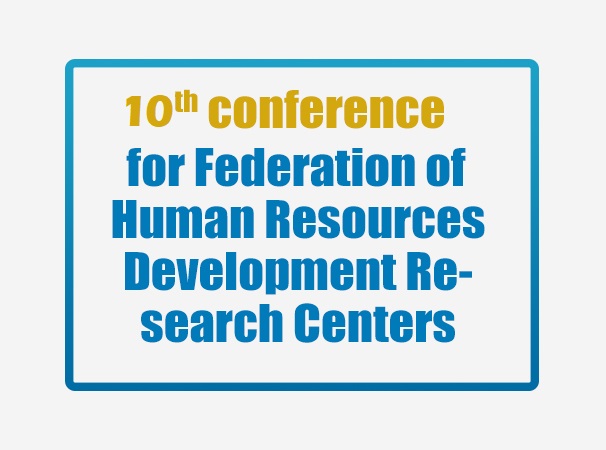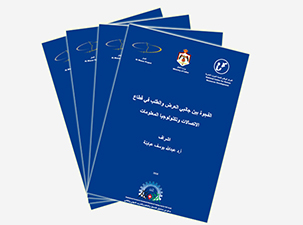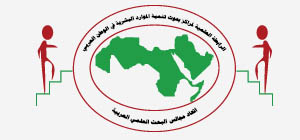Rehabilitation of the Community College Graduates Project
This project responds to the royal vision and the corresponding directives to the government, to give foremost attention to youth, in the context of moving towards a knowledge economy and reducing unemployment rates, through capacity building, encouraging entrepreneurship, creating job opportunities, promoting competition between corporations, and increasing investments.
Towards this end, the government has endorsed several programs and approved the corresponding pre-requisites. At the same time, the government is also working in conjunction with its various institutions to support the training and employment opportunities for graduates of community colleges, particularly graduates from fields of study with saturated demand in the labor market, who end up unemployed.
So, NCHRD was commissioned to develop a training and program, to help graduates, males and females qualify for sought-after jobs and/or opt to set-up private businesses.
Participating in this project was a number of both public and private institutions, including the Ministry of Labor, Vocational Training Corporation, Development and Employment Fund, Training and Employment Fund, Jordan Chamber of Industry, Jordan Chamber of Commerce, and the National Council for Family Affairs.
The scope of the Project services covered most parts of Jordan, but gave special attention to poverty pockets and humanitarian cases. It also provided incentives to encourage participation by those in remote areas. These included transport costs ranging from JDs 30-100 monthly, social security, a monthly stipend of JDs50. At the same time, special attention is given to jobless female graduates, with the objective of raising the very low employment rate among women.
Upon satisfactory completion, the projects awards participants an accredited training diploma. Were the participant opts to set-up a private business, the Project supports them with some basic tools, by way of encouragement. The Project also provides follow-up assistance over the qualification period, averaging 6-months, subject to the nature of the vocation. Follow-up support continues for up to a year, for those hired.
The Project also offers an opportunity for potential employers to evaluate the performance of student trainees.
Training graduates are also offered incentives for up to one year, following their recruitment. These include monthly transport ranging from JDs 30-100, a living support stipend of JDs100 dinars per month, as well as social security benefits.








